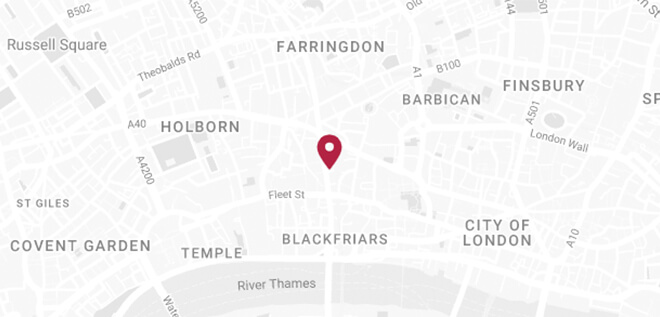1What’s different about Berkeley for our clients?
There’s a mantra at Berkeley that we should always ‘do the right thing’. Be that in the way we treat our people, to the way we run our business, and in the way we work with our clients. We’re not incentivised with sales targets, nor driven to try and ‘land and expand’, and we don’t take on pieces of work just because the client is willing to pay. We like to work on projects that solve big problems, that help to deliver real value, and that are genuinely exciting to work on. For our clients, this means they get people who are motivated to succeed, who are intellectually curious and challenging, who are conscientious about the value they bring, and are not slaves to the contract. For our people, it’s about doing stuff that really matters.
We regularly discuss our impact with clients when we’re on the ground, and with agreement often pivot into topics where our time can be best spent, or even draw a project to a close early if it’s in their best interests. Our clients see this flexibility and it leads to more trusted, longer-lasting relationships.
2What’s been your favourite assignment and why?
The project that I will always remember fondly, was within my first two years at Berkeley. The job was with an NHS Commissioner in London, and it was to help them develop an estates strategy that considered how they should transform their estate portfolio to meet the future needs of the local population.
At the heart of the strategy was a major challenge and opportunity: what to do with an aging – but vital – acute hospital in very poor repair. The only viable long-term solution was for it to be rebuilt, which would not only remove risks associated with the old building but would also provide knock-on opportunities for other NHS services and transform local care provision.
With the Trust and Commissioners in agreement that this should be pursued, my job was then to engage with local stakeholders to test the scheme, gather feedback and build momentum. These stakeholders included residents associations, patient groups, clinicians and other local NHS staff. It included the CEOs of neighbouring NHS trusts and Local Authorities; it went on to include senior staff in NHS England and the Cabinet Office; and it also included the local MPs. One of whom was a Cabinet Minister.
I ran all these meetings, usually on my own, and was able to play a key role in gathering the support needed to begin the detailed work on designing the new hospital. I now live nearby and am constantly delighted by the progress that is being made, and I’m thrilled that I was able to contribute in getting it off the ground at the start.
3What are your values and how have they informed your career?
I hadn’t ever consciously thought about what my values were until my wife was studying for a post-graduate diploma in education. As part of that she had to consider what hers were, and in doing so encouraged me to think about mine too. Using her study materials as a guide, I worked out that my values are:
- Professionalism
- Credibility
- Ambition
- Optimism, and
- Compassion.
Writing them down has helped me to consider what I want from my career, and identify the scenarios or projects that fulfil me the most. Professionalism and Credibility are hugely important to how I do my job and how I’m perceived by my clients. This routes back to always doing the right thing and being comfortable about providing a different opinion to others. Ambition and Optimism always drive my instinct to do more or do it better. I’m naturally a bit competitive and this influences how I approach the way I work: I want to get the best out of any given scenario, for my clients and for me. Compassion points to how I work; I love working in teams, getting to know people and understanding what makes them tick.
I am acutely aware that whatever solution we come up with in a project, has to be palatable to the people it impacts – and that strategies can live or die on how they are positioned to different stakeholders.






